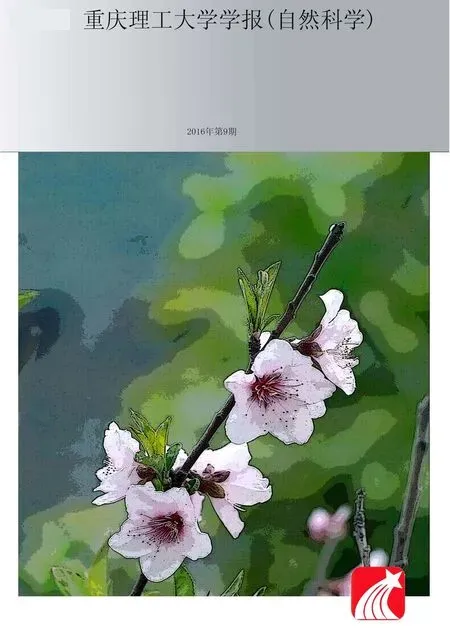Robust Vision Technology of Intelligent Systems for Real-world Applications
Robust Vision Technology of Intelligent Systems for Real-world Applications
Lessons learned from failures are that“robustness” of computer vision is important. Firstly, robust against “illumination changes”. Camera parameters, “ISO gain, aperture (=F#), exposure” determine the image quality. It is designed mainly for Photography (not for Robot),correlated non-linearly and sensitive to illumination changes.So it needs a very simple, but effective way to control the camera parameters for “Robots”. Secondly, robust against “outliers”. A novel robust PCA model for outliers is necessary due to bad weather. According to the real-time“see-through” car system, cars are equipped with many cameras and sensors, vehicle to vehicle (V2V) communication are built for autonomous and assisted driving, making other cars transparent using cameras and sensors via wireless network. Thirdly, robust against “complex environments”. By deep learning model, the system has the object recognition function. It can detect object(DET), and make classification and localization (CLS-LOC). Lastly, robust against “difficult conditions”. Sensor fusion approach is important for high-quality 3D modeling. In a word, robustness of computer vision solutions is a very important key for the real-world applications of intelligent systems (automobile, robots), and it involves camera input enhancement ,real-time outlier handling, deep-learning, sensor fusion and many other issues.

Kweon In-So(权仁昭),卡内基梅隆大学机器人研究所博士, 韩国科学技术院电气工程教授(EE),韩国国家关键技术研究中心-KAIST P3数字车中心主任。1995—1998年担任韩国科学技术院自动化工程及设计部门主管(ADE)。Kweon教授主要从事计算机视觉和机器人研究,为KROS、ICROS和IEEE会员,自2005年为《国际计算机视觉杂志》的编辑委员会成员。Kweon教授在国际会议上曾获多个奖项,包括“IEEE-CVPR2009最佳学生论文奖的亚军”以及“ICCAS2008学生论文奖”。2001年,Kweon教授获得了KAIST研究奖。
Kweon In-So
(School of Electrical Engineering, KAIST, Korea)

